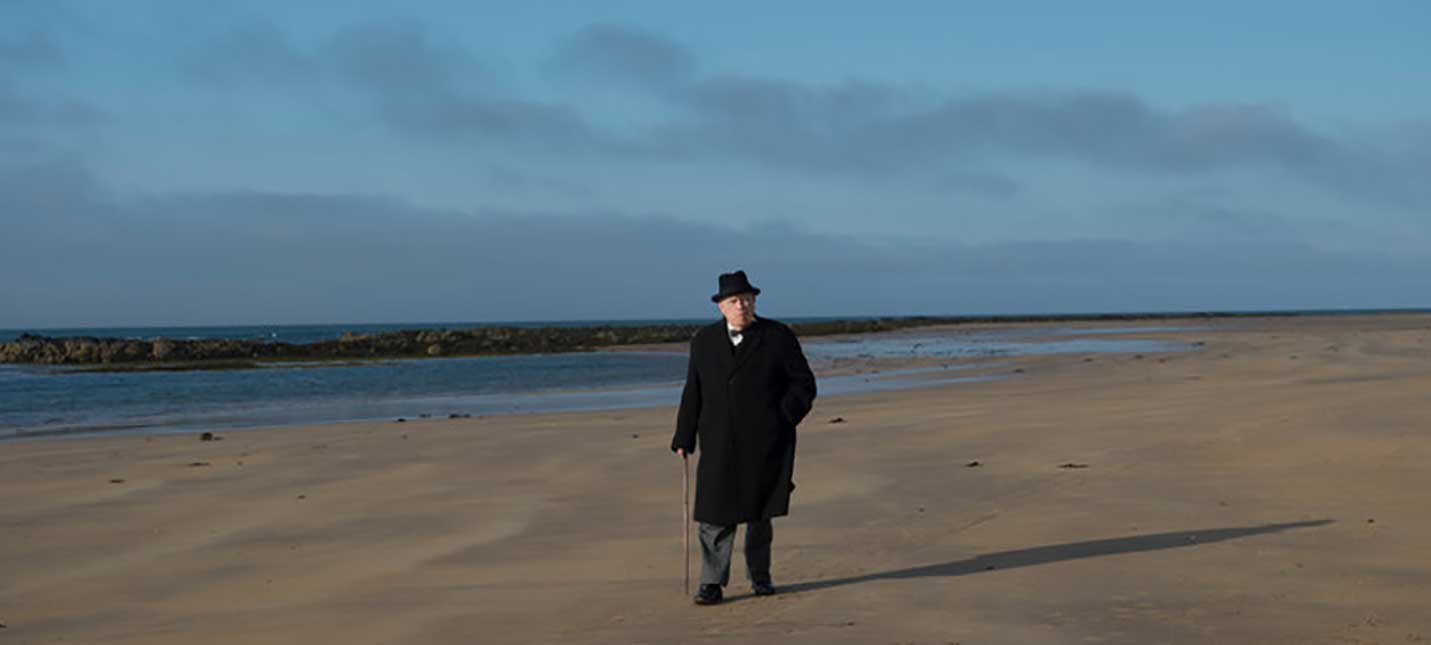
World leaders as caricatures: the curious case of Winston Churchill
It might not be a great movie – it most certainly is not –, but “Churchill” raises a question – perhaps the question – that every American citizen should be…
This biopic of British Prime Minister Winston S. Churchill during the final stages of World War Two fails to provide an accurate historical account of events, both from the larger political point of view and from the specificity of Mr. Churchill’s interventions. It also does a poor job of using cinematographic language: emphasizing the obvious, resorting to hackneyed symbolisms, not finding the right balance between silence and dialogue, environmental sound and musicalized scenes. In a way, the movie strikes rather as a caricature than as a serious character study. Even the acting of Brian Cox as Winston Churchill – eccentric, energetic and comical– adds to this. And it is precisely this caricature-like quality of the movie – with all its flaws and glitches – that shines so effectively a light on the question of greatness. After all, a caricature is meant to simplify and exaggerate, allowing us to reflect on the broader traits of mankind.
RELATED CONTENT
The movie, directed by Jonathan Teplitzky from a script by Alex von Tunzelmann, recounts the days prior to the D-Day in June of 1944, when the Allies launched a ferocious invasion in northwestern France to free the country from Nazi occupation. Set against this historical background, Churchill appears at first as the equivalent of a Renaissance Humanist King who opposes violent actions unless strictly necessary. All along the movie he rails against the invasion until he is finally proved wrong. The risk was worth taking, as we all know: from that moment on the Allies took the lead in the war. Although historically inaccurate – Churchill was in fact one of the chief’s proponents of the invasion by 1944 –, this clumsy parable of political misjudgment sets the frame for far more important questions: Can we be wrong and still be great? Isn’t the ability to accept one’s mistakes part of what makes a man good leader? To what extent should we rely in past experiences in order to minimize mistakes in the future? When does a man become to old to be considered no longer the great man he was before? These are the questions that make a bad movie like “Churchill” worth seeing.










LEAVE A COMMENT: